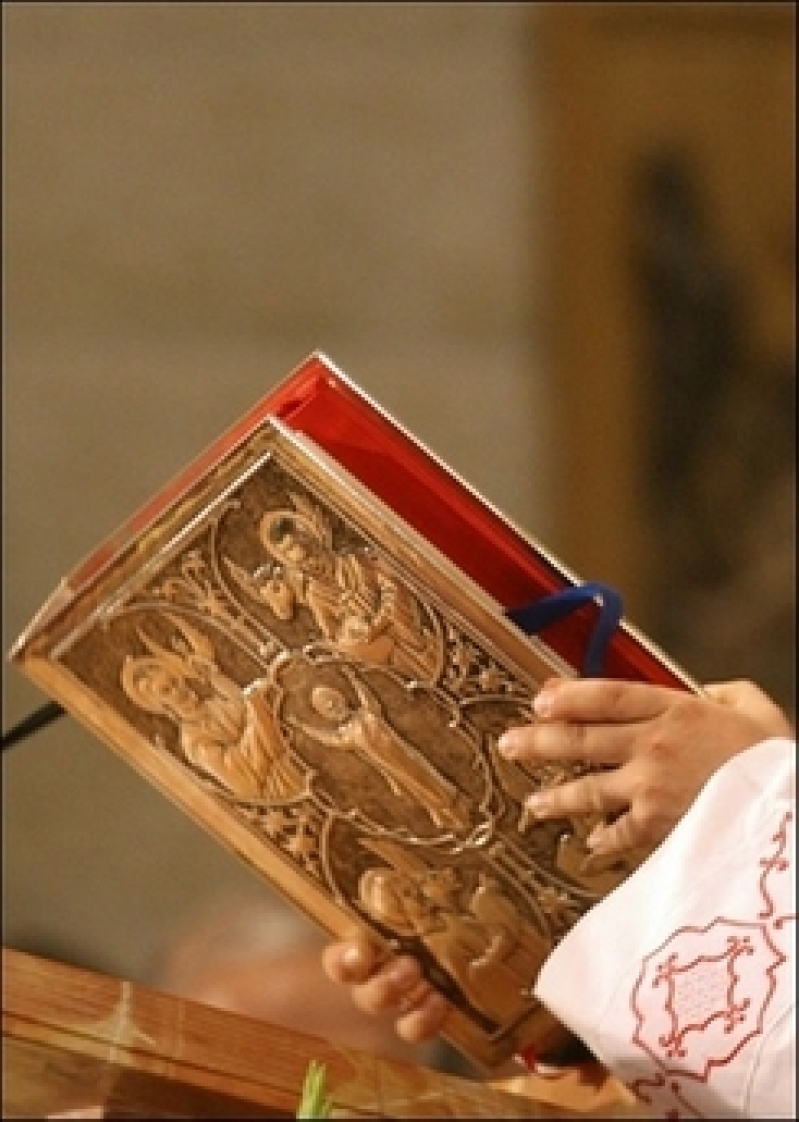
HONG KONG- Obscenity complaints against the Bible flooded a Hong Kong government-owned media watchdog after a Chinese language website claimed the holy book had "sexual and violent" contents, while local pastors rebuked the attackers for misleading the public and committing blasphemy against God.
The city’s Television and Entertainment Licensing authority (TELA) received 1,406 complaints that by 4: 45 pm on Wednesday. The complaints to TELA were believed to have been sparked by controversial website www.truthbible.net.
Using the pseudonym “Oh My God,” the founder of the website stated the “Bible is illogical and teachers in the school have not able to clarify the problems” amongst many alleged grievances directed at the Holy Scriptures.
"Many Christians are just blindly following their belief [and has] caused tragedy,” according to the unidentified individual who claimed to have formely attended Christian school, and wanted to prove that “the Bible is not the absolute truth, rather it is merely a mythical book made up by human beings.”
The Hong Kong-based website cited episodes of violence, rape, incest and cannibalism in verses and short passages from the Old and New Testament, alongside commentary stating that the Bible condoned such acts.
The site, moreover, discussed the pending expulsion of the entire editorial committee of the Chinese University’s “Student Press” magazine for posting a sex survey asking readers if they had fantasized about incest or bestiality.
The website argued that the Bible’s sexual content “far exceeds” that of the student's column, and extorted readers to send complaint letters to TELA using a detailed template posted on the site.
Christian theologians and ministry leaders have, however, warned that comments posted on the website grossly misrepresents the meaning of the Bible.
“Bible passages are purely descriptive, readers must understand the cultural context of that particularly time period in the history in order to interpret the meaning correctly,” said Kung Lap Yan, associate professor from the Divinity School of Chung Chi College, Chinese University of Hong Kong.”
“Though some behaviors or actions could be inappropriate from a modern point of view, readers must acknowledge that the motive behind the historical record is absolutely not for promoting or justifying obscenity and violence,” Kung continued.
Amongst biblical passages quoted in the site included the story of Lot and King David.
Lot – brother to Abraham – committed incest with his daughters after losing his wife to the destruction of Sodom and Gomorrah, while King David engaged had an affair with his subordinate’s wife, according to the website.
"At that time, Sodom and Gomorrah were destroyed. Lot and the two daughters [believed they] were the only survivors in the world, so the two daughters must lie with their father Lot in order to preserver the family line," said Rev Stephen Leung, senior pastor of the evangelical Remembrance of Grace Church in Hong Kong.
"Lot was not even aware of it [as he was drunk] when she [the daughter] lay down or when she got up,” said Leung, who added that the Ten Commandment was not established and thus no law prohibited such practice at the time.
Leung also noted that biblical characters who have committed sinful acts experienced grave consequences, emphasizing that King David “had ruined his family” because of his adultery.
"The Bible clearly defines God’s laws against incest, homosexuality as well as sex between man and animal,” Leung emphasized, adding that the website’s claims is "misleading" and "blasphemous.”
Leung added that the Bible “guides people to become a better person and despise evils. In contrast, the sex column in the Chinese University's Student Press magazine simply lures people to sin.”
A public forum of pastors, theologians and protestant ministers is scheduled for June 2 by the Hong Kong Church Renewal Movement.
The organization’s General Secretary, Rev. Wu Chi-wai, pointed out that the Bible does not condone any of the indecent acts listed on the website.
"If there is rape mentioned in the Bible, it doesn't mean it encourages those activities," said Rev. Wu, according to Reuters. "It's just common sense ... I don't think that criticism will have strong support from the public.”
[Editor's Note: Carol U contributed reporting from Hong Kong for this article.]
Related Articles:







